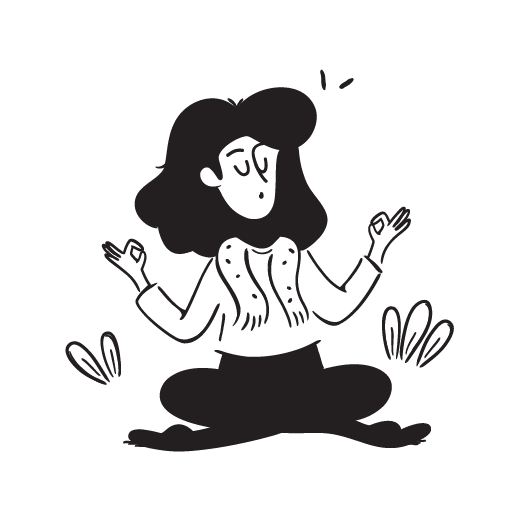Practice for your interview with a big list of sample questions - all for free. Start practicing now.

Videoath Verified.
We routinely check on our resources to ensure they're up to date and continue to be a good reference.
Trusted by 6751 others.
You're in good company. We update this counter to let you know who else completed the prompt.
Review Peer Responses
Preview de-identified and anonymized peers interview responses, providing a rich source of inspiration and insights to refine your own answers.
General Breakdown
Offers an in-depth analysis of interview prompts, providing critical insights such as difficulty level, competencies assessed, and strategic tips. Coming soon!
Expert Response
Watch and learn from experts. Coming soon.
Response Walkthrough
Step-by-step review of good, better, and excellent responses so you know exactly what parts of your responses get you a higher score. Coming soon.
Aggregate Response Score
Compare your response to 100s of peer responses. Coming soon.
Score Breakdown
See how prompts are broken down and reviewed across 1000s of applicants. Coming soon.








